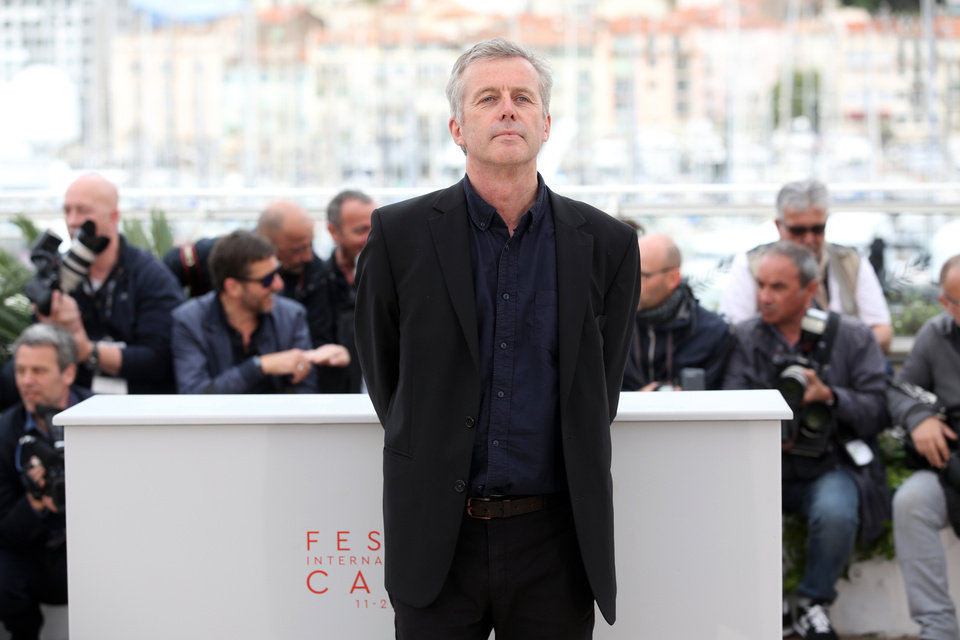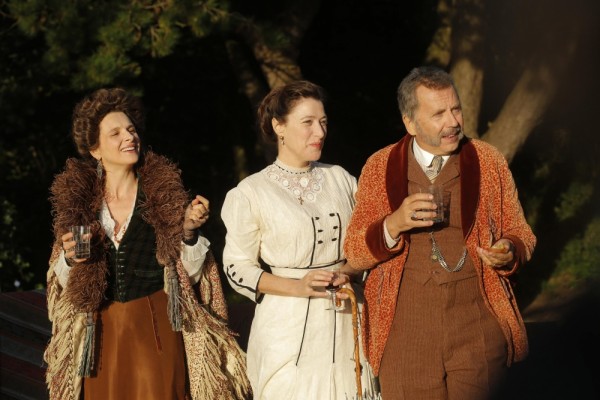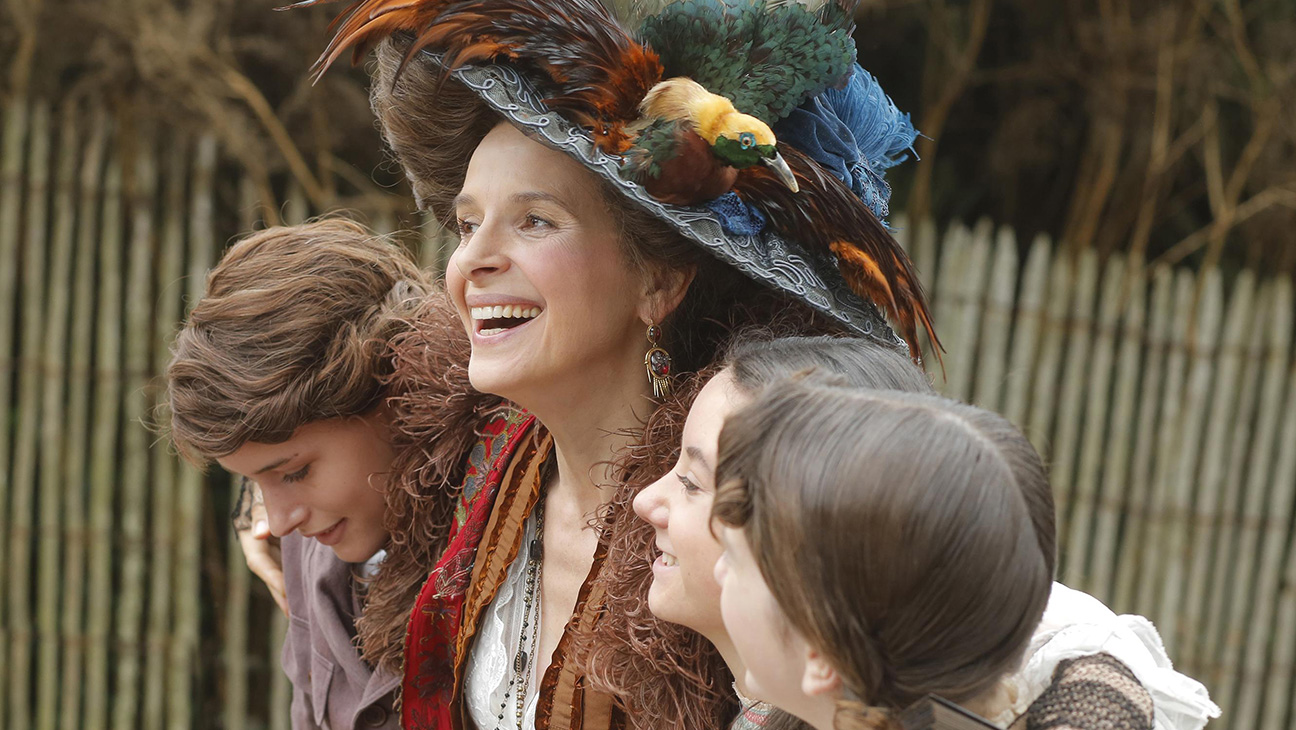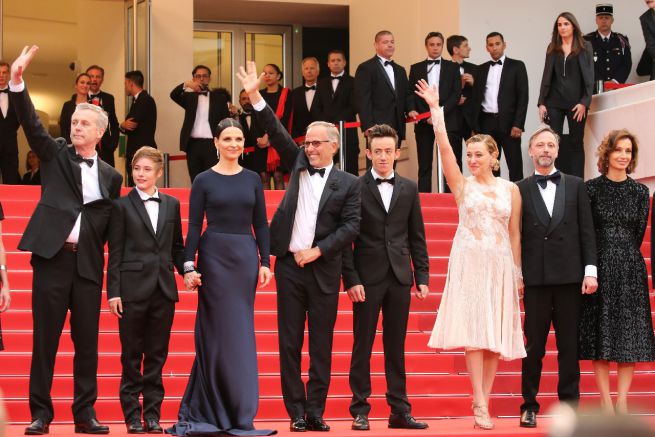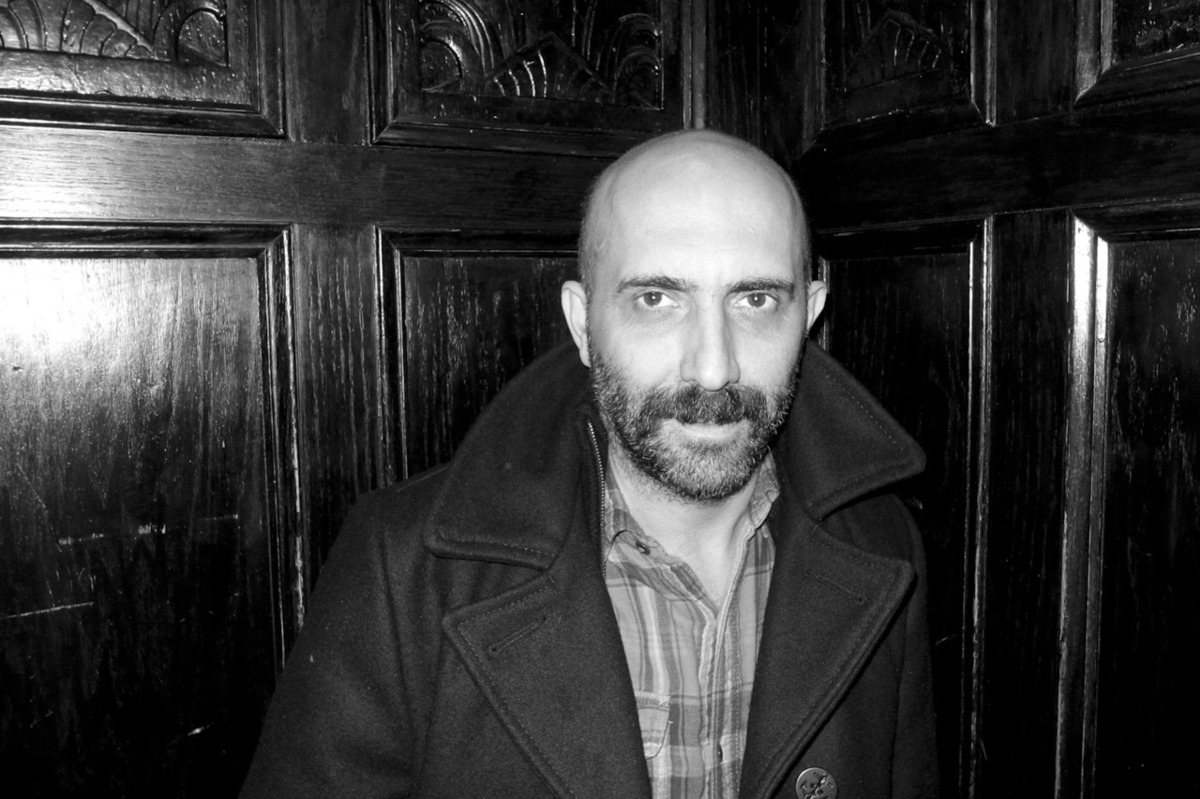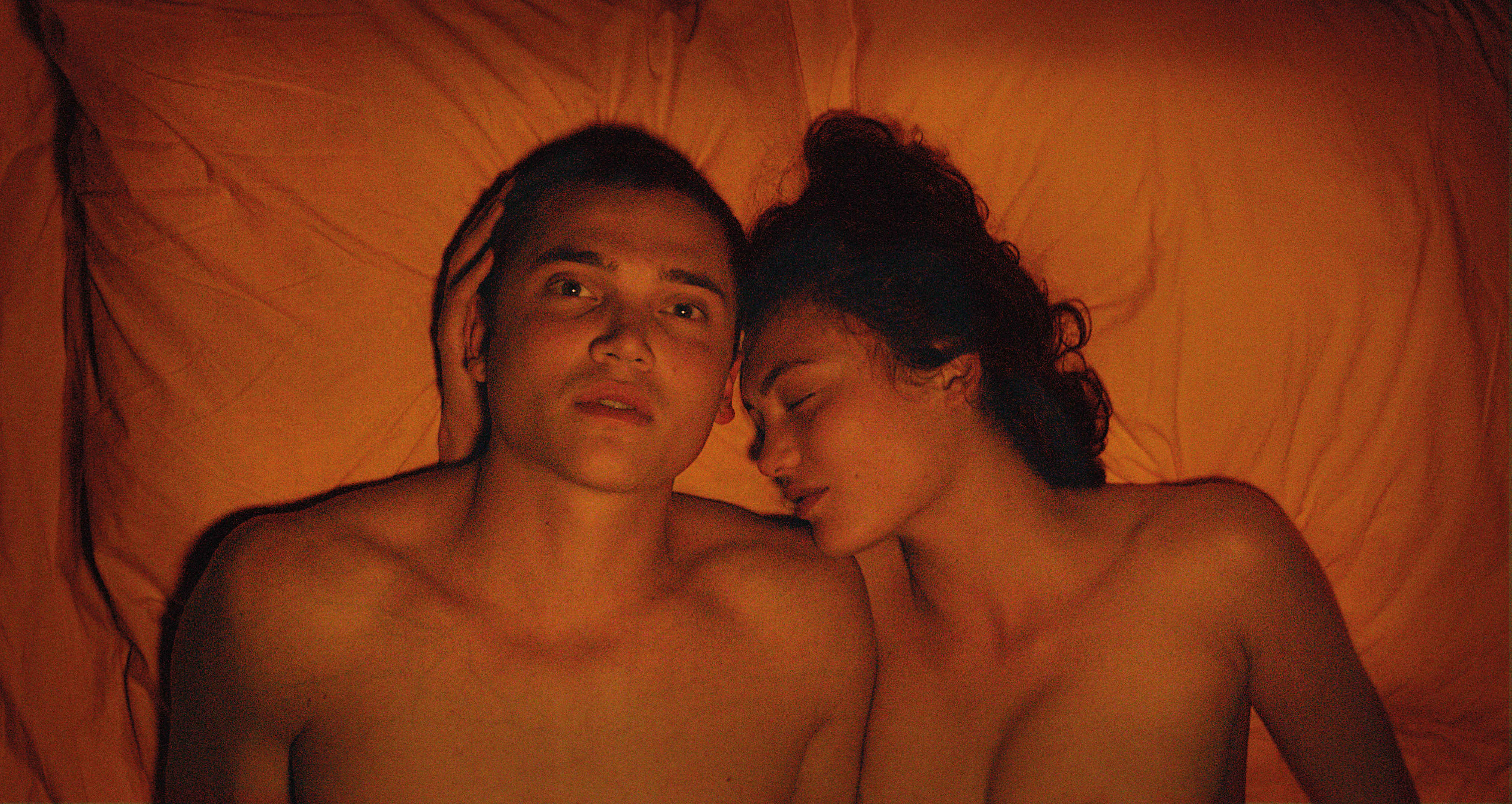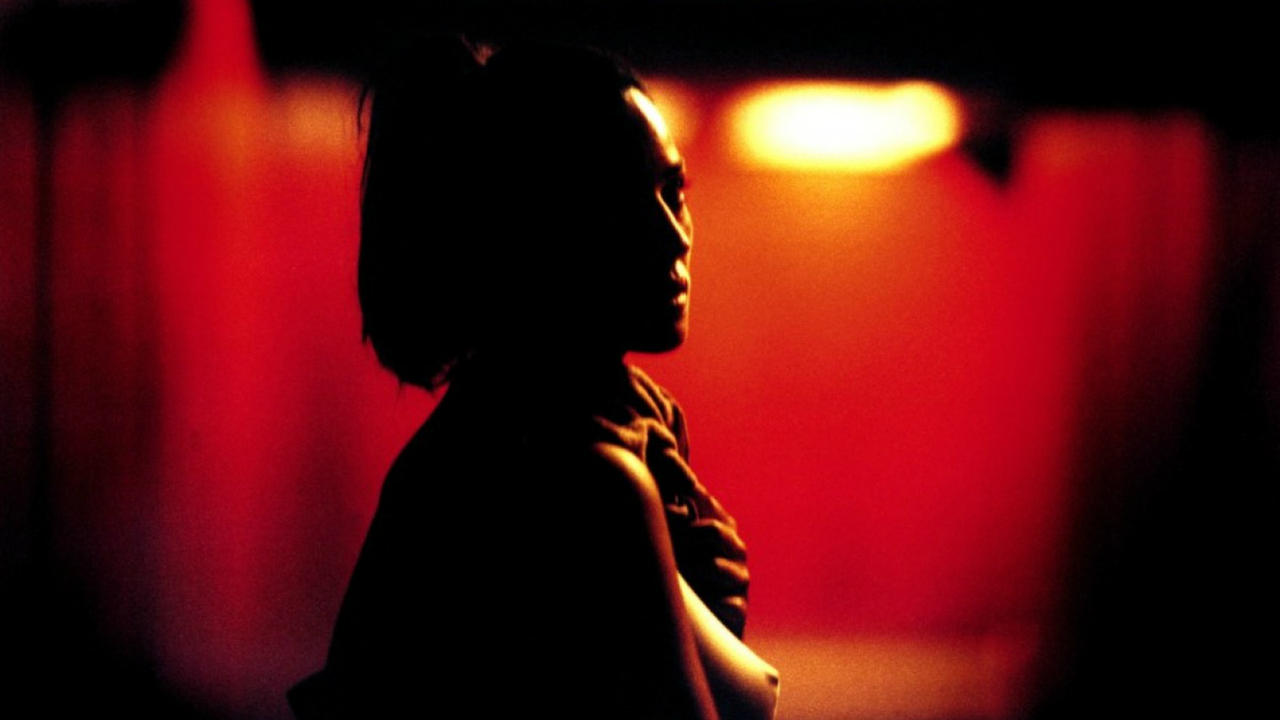IN THE FLESH: THE JULIA DUCOURNAU INTERVIEW.
 Thursday, April 13, 2017 at 12:20PM
Thursday, April 13, 2017 at 12:20PM It was the film that became the cause célèbre at the 2016 Cannes Film Festival, driven by a wave of glowing trade reviews and the passionate response from audience members, as they emerged ashen-faced from crowded screenings. Raw tells a contemporary tale of sibling rivalry and familial tradition, of a young woman (Garance Marillier) struggling to embrace a destiny forged in blood…literally. For writer/director Julia Ducournau, whose coming-of-age horror/drama earned her the Festival’s FIPRESCI 'Parallel Sections' Prize, it was a challenge to humanize her characters, even as they performed the most inhuman of acts. “Cannibals are usually the bad guys,” the French auteur told SCREEN-SPACE during her visit to Melbourne in November, where Raw earned Best Film honours at MonsterFest 2016…
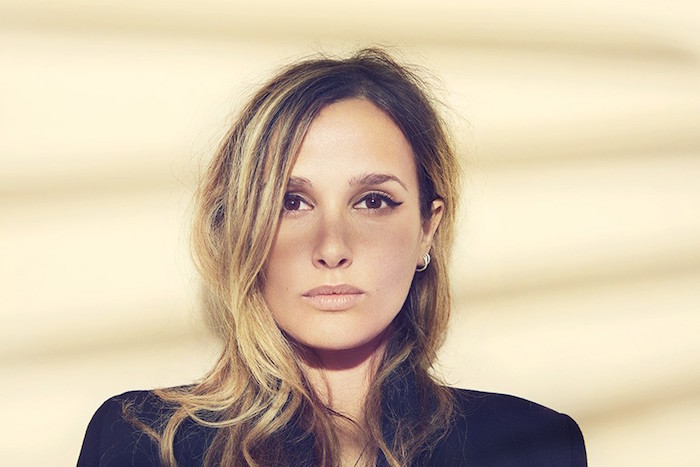
SCREEN-SPACE: One of the great joys of my 2016 Cannes experience was watching Raw with a receptive, energised audience. There was a point – let’s call it the ‘finger scene’ – when we all realised the nature of the journey we’d undertaken…
JULIA: That is so good to hear, because that is so much about what I am aiming at in my film. You would know that, since you started watching horror movies behind your parents back, you do it with your friends or your sister or your cousin. You do it under a blanket or behind cushions on the couch, bonding with that other person over whatever is happening on the screen. It is a scary but also a joyous aspect of watching horror and I love working within a genre that inspires that sense of community, of complicity.
SCREEN-SPACE: What conventions of the cannibal genre did you want to embrace and explore and what tropes were you determined to avoid?
 JULIA: I researched a lot of books, but I did not go back to the movies I had seen about cannibalism. I wanted to keep focussed on the ideas that had inspired my story and not over analyse the movies that had come before, so I was not thinking in terms of conventions. I love horror because it has its codes and it is interesting to subvert them, especially with body horror. The one thing I really wanted to adhere was a super realism. My main fear was that people would compare it to vampire or werewolf movies. I wanted people to really identify with this girl, and her needs and desires. I did not want to make it easy for the audience by putting a fantastic veil on it, by giving them some fantasy element that keeps them distant. I didn’t want anyone thinking, “Well, I can’t really identify with these girls because they don’t exist, so I am safe.” I want the audience to be vulnerable to Justine’s developing humanity and to draw comparisons to their own. If you find yourself identifying with a cannibal, you start questioning yourself as a person. The cannibals of such films as Cannibal Holocaust or The Texas Chainsaw Massacre exist in some perverted version of the world. In Raw, I wanted it to be the opposite. (Pictured, above; Garance Marillier as Justine, in Raw)
JULIA: I researched a lot of books, but I did not go back to the movies I had seen about cannibalism. I wanted to keep focussed on the ideas that had inspired my story and not over analyse the movies that had come before, so I was not thinking in terms of conventions. I love horror because it has its codes and it is interesting to subvert them, especially with body horror. The one thing I really wanted to adhere was a super realism. My main fear was that people would compare it to vampire or werewolf movies. I wanted people to really identify with this girl, and her needs and desires. I did not want to make it easy for the audience by putting a fantastic veil on it, by giving them some fantasy element that keeps them distant. I didn’t want anyone thinking, “Well, I can’t really identify with these girls because they don’t exist, so I am safe.” I want the audience to be vulnerable to Justine’s developing humanity and to draw comparisons to their own. If you find yourself identifying with a cannibal, you start questioning yourself as a person. The cannibals of such films as Cannibal Holocaust or The Texas Chainsaw Massacre exist in some perverted version of the world. In Raw, I wanted it to be the opposite. (Pictured, above; Garance Marillier as Justine, in Raw)
SCREEN-SPACE: The film is unique in its depiction of sisterhood, both within the narrative and with reference to the often-constrictive boundaries the horror genre can place upon female characters.
JULIA: I wanted to talk about the love they share. It was important that, at the end of their story, there is heartbreak. They have to be separated, not because they want to but because it is deemed that they have to. Their paths are forever intertwined yet completely irreconcilable. This dynamic of love/hate, of rivalry, without ever being able to explain why they change moods from one scene to another is the (essence of) sisterhood, of a bond that every girl understands. I didn’t want any of those boring scenes where sisters spell out their issues to each other. I was trying to create a relationship where you didn’t have to have these explanatory scenes, but instead just go straight to the core of the bond they share.
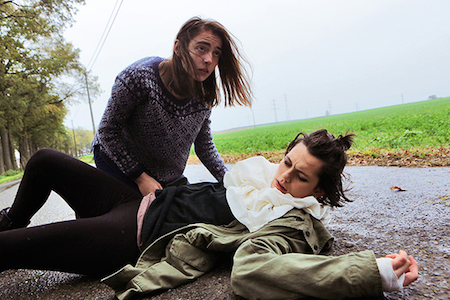 SCREEN-SPACE: The themes also embrace that dark heart at the core of even the most seemingly pleasant family environment.
SCREEN-SPACE: The themes also embrace that dark heart at the core of even the most seemingly pleasant family environment.
JULIA: That’s right, especially in the light of how family politics have been portrayed since the dawn of humanity in all the myths we have created. Back to the days of the pharaohs, through Shakespeare and right up until today, the dark side of the family unit is portrayed as incestuous, cannibalistic, as a rivalry exposed. It is always portrayed in very violent ways. So we are prepared for the family horrors in my film, because we have read Greek tragedy and we have read the Bible. It works in all languages, especially cinematically. (Pictured, left; Marillier and Ella Rumpf, as Alexia, in Raw)
SCREEN-SPACE: In terms of your national cinema, your strong female leads fit well with the great films of the French Extreme movement, like Martyrs and Haute Tension.
JULIA: There is no French Extreme movement. What are we talking about exactly? There are, maybe, seven films that have been made over the course of 20 years. Do you call that a ‘New Wave’, a ‘Movement’?
SCREEN-SPACE: Those films, and films like Inside and Frontieres, reflect a very specific point in French genre cinema when your peers explored undeniably extreme depictions of horror…
JULIA: Those films are totally unrelated works, made by directors who barely know each, over the course of 20 years. For me, a ‘New Wave’ is when a small group of directors talk between themselves, establish a dogma that dictates the direction their collective works will take, like we had in France in the 60s. I am kind of sick of talking about this French Extreme movement that does not exist. I have talked about it with Alexandre Aja, who totally agrees with me. His movie that you mentioned, Haute tension, came out in the 90s! It is so old (Ed: Haute tension was released in France in June, 2003). How can you relate a movie that is 25 years old to what I am doing today? So much has changed. The context in which they are made has changed. I am sick of being put in the same bag just because we are French and we make genre movies.
SCREEN-SPACE: I wasn’t trying to imply that, but I would say that a direct line could be drawn between those films and the portrayal of violence that your film employs. There is a lineage, don’t you agree…?
JULIA: No, I don’t, not at all. And it is not that I don’t like these movies, some of them I like very much. But I am waiting for the writer or the journalist who writes the powerful essay that convinces me that any of what you say is true. You should do it!
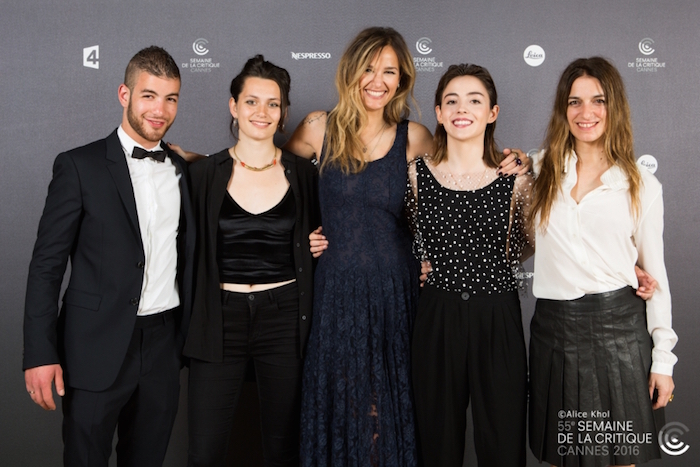
(Pictured, above: l-r, Rabah Nait Oufella, Ella Rumpf, Ducournau, Marillier and Joana Preiss, Cannes 2016)
SCREEN-SPACE: Maybe. Let’s talk specifically about your attitude to and use of gore.
JULIA: Well, I hate gratuitous violence. I always feel used, then I feel annoyed, then I am bored (laughs). If a movie starts with extreme violence, and ends exactly the same way, there has been no evolution. The Texas Chainsaw Massacre has very intense action but very little blood, at least before you meet the family. That film achieves a remarkable sense of balance, which is important for me. Any violence that I portray is really the violence that is internal for my characters. Let me say that my problem is not that we are desensitized to violence, but more that violence is completely taken for granted. That is a terrible shame. One of the main reasons we make horror movies is so that we can explore and express our relationship with violence in the most channelled, precise and intelligent way we can. The opportunity to express one’s sense of violence in this way is not given to everyone, so it is more often repressed. Horror movies exist to help those people, and if you use them for no reason at all you are denying the viewer this act of catharsis. Horror movies have always been the true underground cinema, because we talk about what is repressed.
SCREEN-SPACE: You show an unflinching dedication to that principle in Raw…
JULIA: In my own small way, I was determined to show things that must be shown. And when I show it, it will be revealed in the most confrontational, full-frontal way possible, in a manner that stops you from looking away. Just like Cronenberg does in The Fly; very little camera movements, still shots, frontal, centre-of-frame, so that you cannot avert your gaze. This kind of cinema demands that you confront your own mortality. Then your film starts to work in the crevices between scenes, where the moments you don’t show add to the impact of what you eventually do show.
READ The SCREEN-SPACE review of Raw here.
 Cannes Film Festival,
Cannes Film Festival,  Cannibalism,
Cannibalism,  French Cinema,
French Cinema,  Horror,
Horror,  Raw
Raw 


